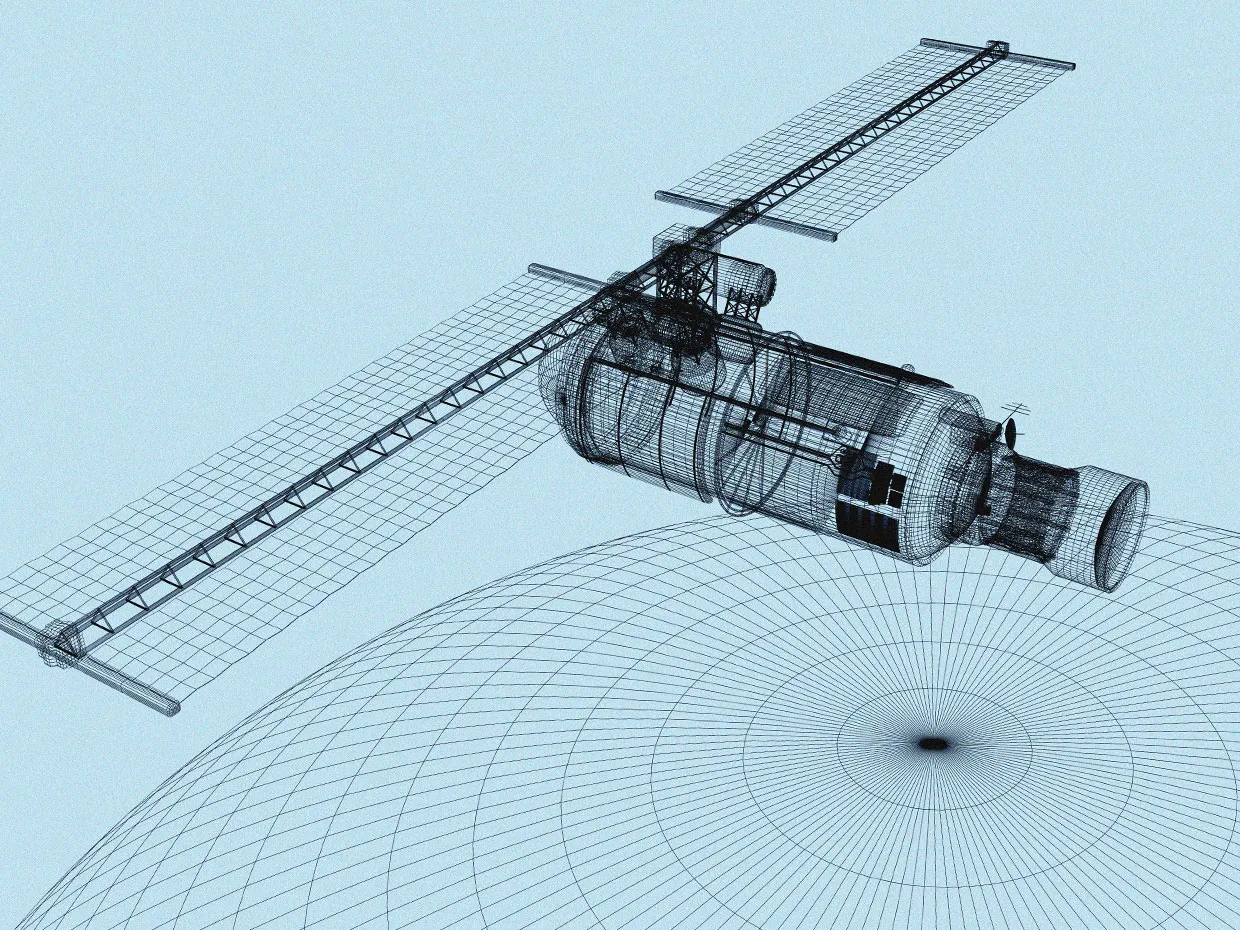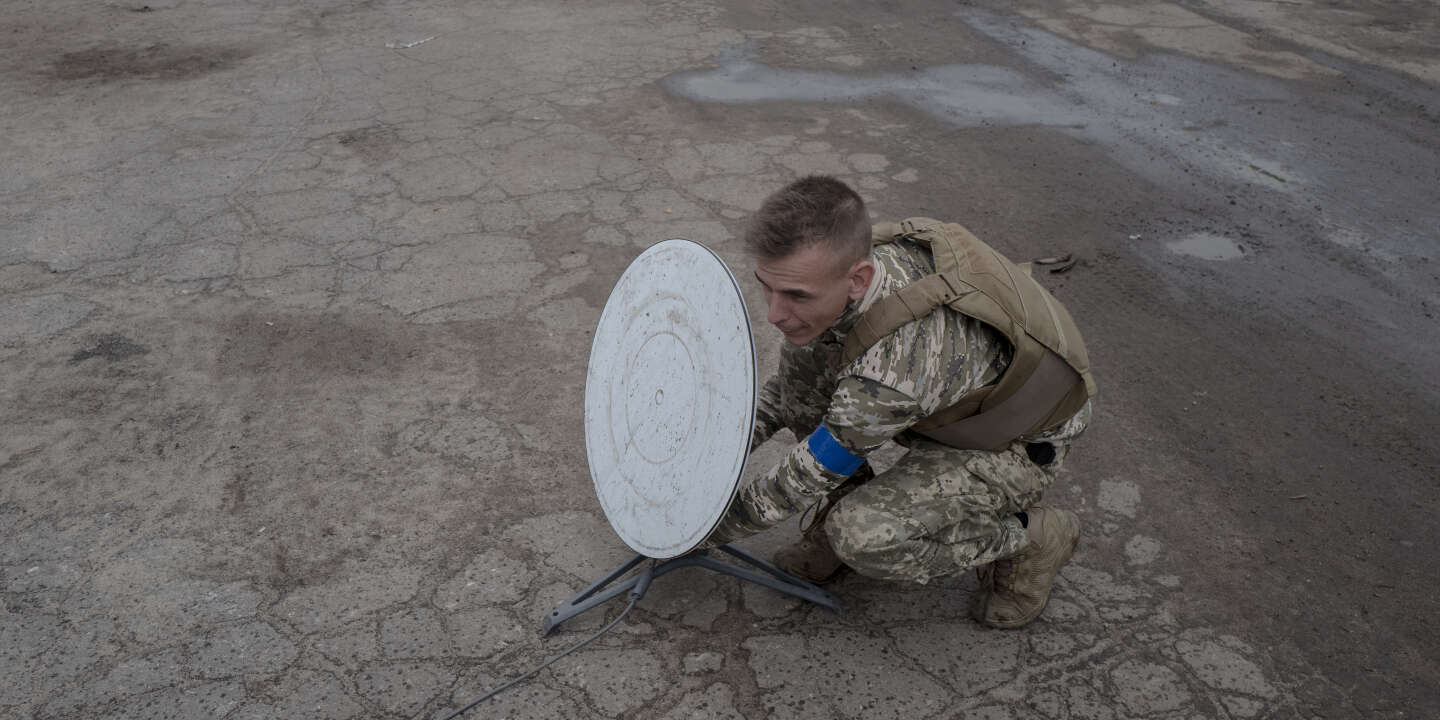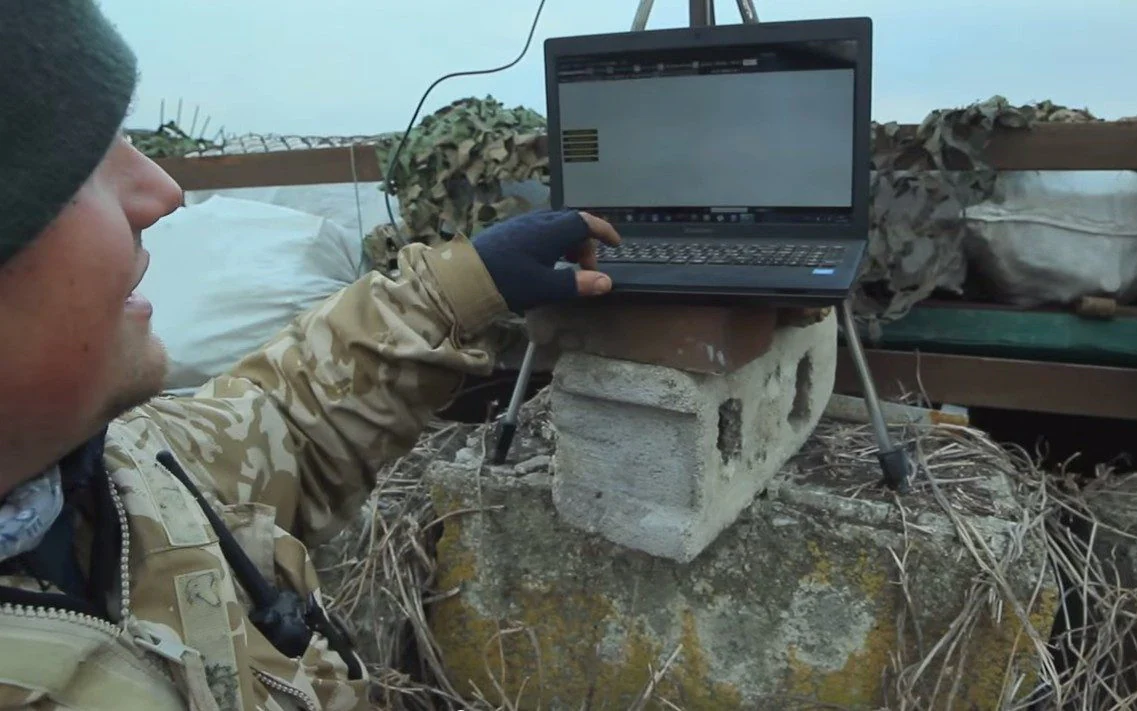Ukraine’s military intelligence has sparked conversations around the globe, accusing Russian forces of utilizing Elon Musk’s Starlink for military operations. In the ever-evolving landscape of modern warfare, a new development has emerged from the heart of the conflict in Ukraine, shedding light on how cutting-edge technology is altering the dynamics on the battlefield.
The latest reports from this revelation not only underscore the pivotal role of technology in contemporary conflicts but also raise pertinent questions about the ethical implications of civilian technologies being repurposed for warfare.

The Allegations on Elon Musk’s Starlink: A Digital Twist in Warfare
On a quiet Sunday, Ukraine’s military intelligence took to the Telegram messaging app to make a bold claim: Russian forces were actively using Starlink’s terminals on the battlefield. This announcement was accompanied by what was presented as an intercept of a conversation between two Russian soldiers, serving as proof of the allegation.
The brief audio clip, though not disclosed in detail, purportedly highlights the strategic use of Starlink’s high-speed internet connectivity by Russian military personnel, marking a significant shift in how operations are conducted in war zones.

Starlink, a subsidiary of SpaceX, founded by tech mogul Elon Musk, has been celebrated for its ambitious goal of providing global internet coverage, especially in remote and underserved areas. However, the potential use of this technology in a conflict setting introduces a complex layer to the discourse on the dual-use nature of civilian technologies.
The Implications: Ethical, Legal, and Strategic
The utilization of Starlink by Russian forces, as alleged by Ukraine, brings to the forefront a myriad of ethical and legal considerations. The repurposing of civilian technology for military gain blurs the lines between commercial and combat applications, raising questions about the responsibilities of tech companies in global conflict scenarios.
Furthermore, this situation highlights the strategic advantages that come with superior communication capabilities, emphasizing the critical role of information and connectivity in modern warfare.
Everybody disagrees with him can express this by not buying Tesla, Starlink, Twitter Blue or any other product or service owned by him. https://t.co/v4zeAQaO8t
— Tinu🇨🇭🇺🇦 (@TinuFella) February 11, 2024
The implications of these allegations extend beyond the immediate context of the Ukraine conflict, touching on broader themes of technology governance, the militarization of space-based assets, and international law.
As nations and non-state actors increasingly turn to commercial technologies to gain a competitive edge, the international community faces the challenge of navigating the murky waters of technological neutrality and accountability.
The Response: A Call for Reflection and Regulation
The revelation of Starlink’s alleged use in the Ukraine conflict serves as a wake-up call for policymakers, industry leaders, and the global community at large. It underscores the urgent need for comprehensive frameworks that govern the use of civilian technologies in military contexts, ensuring that innovations designed to connect and empower are not repurposed to harm and divide.

As the world watches the unfolding events in Ukraine, the conversation around Starlink and its reported military application invites reflection on the future of warfare and the role of technology within it. The case presents a unique opportunity to reassess the boundaries of technological innovation, emphasizing the importance of ethical considerations and the potential for technology to serve humanity’s best interests, even in times of conflict.
The allegations made by Ukraine’s military intelligence serve as a reminder of the dual-edged nature of technological advancement. As we navigate the intricate web of modern warfare, the story of Starlink in Ukraine is a poignant illustration of the complexities at the intersection of technology, ethics, and international security.
The ongoing discourse will undoubtedly shape the policies and practices surrounding the use of civilian technologies in military operations, with the hope of steering the future of warfare toward a more regulated and ethical path.










